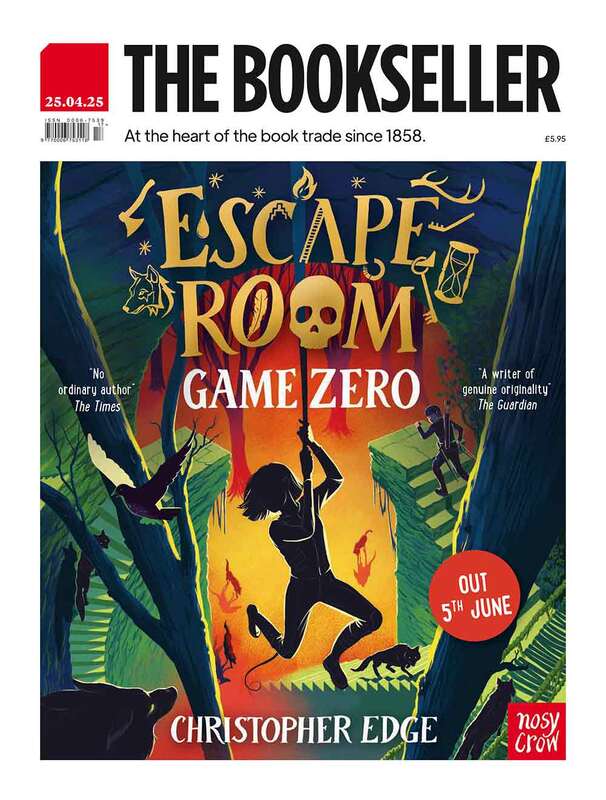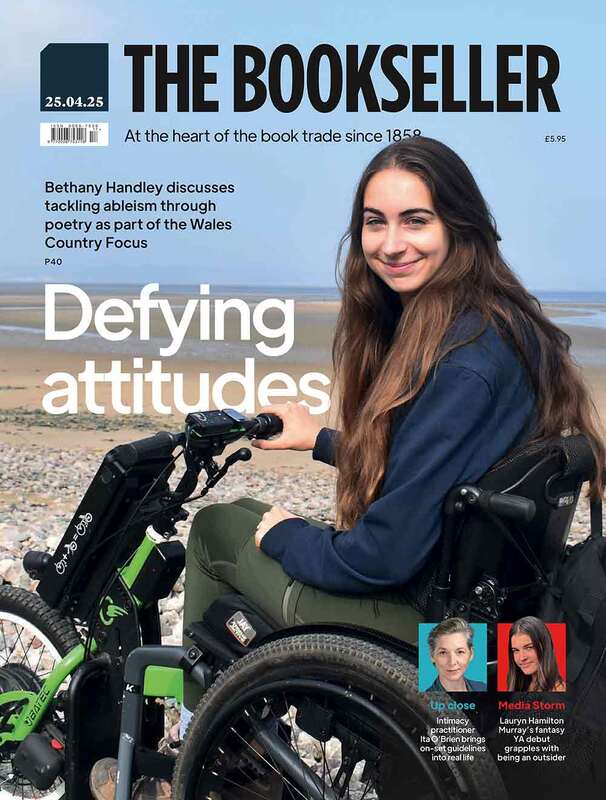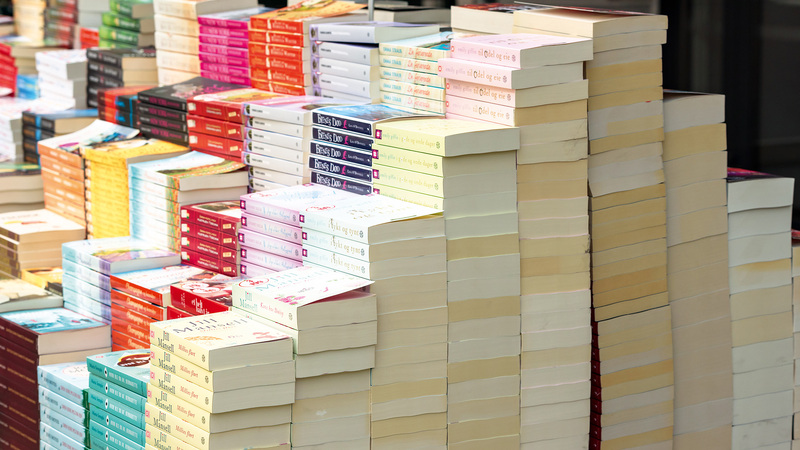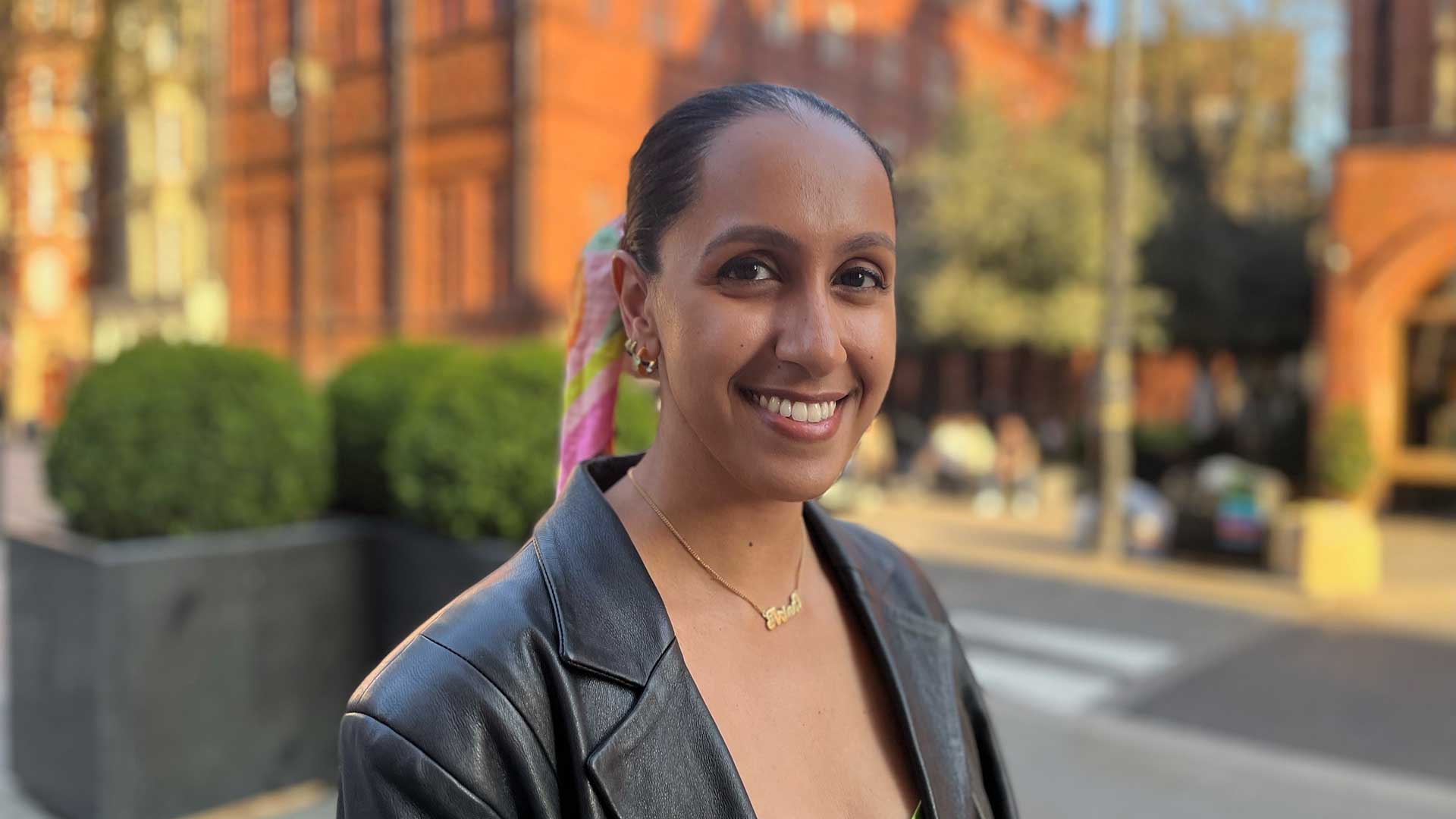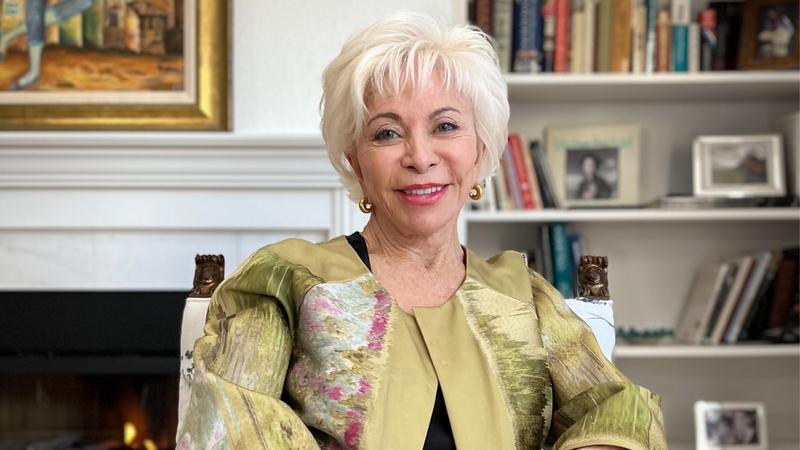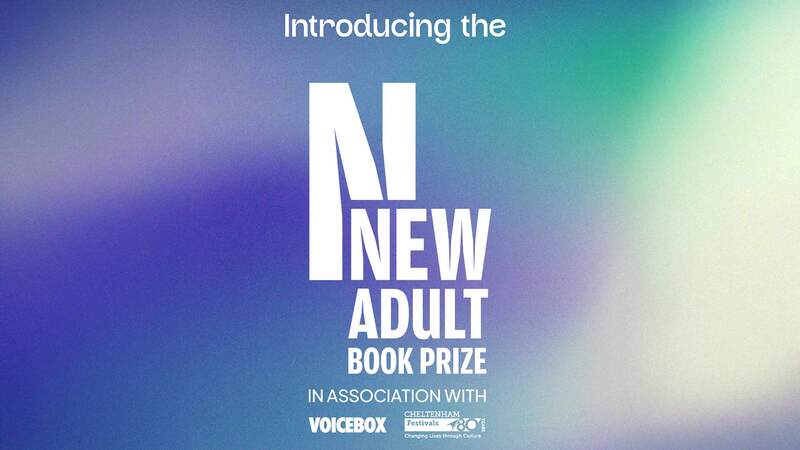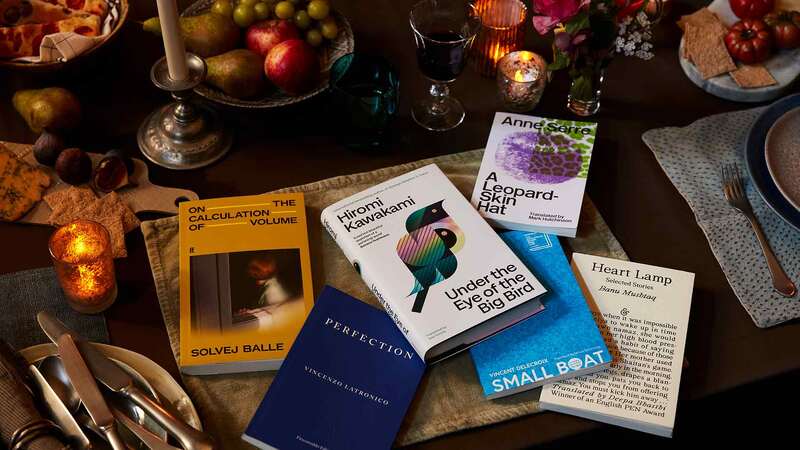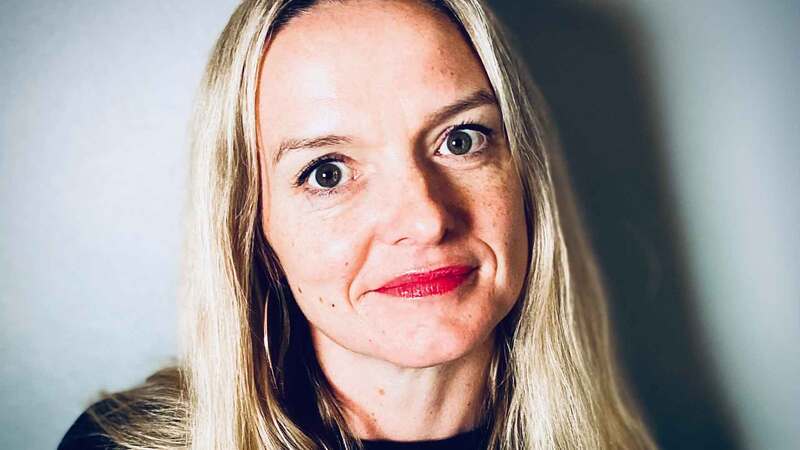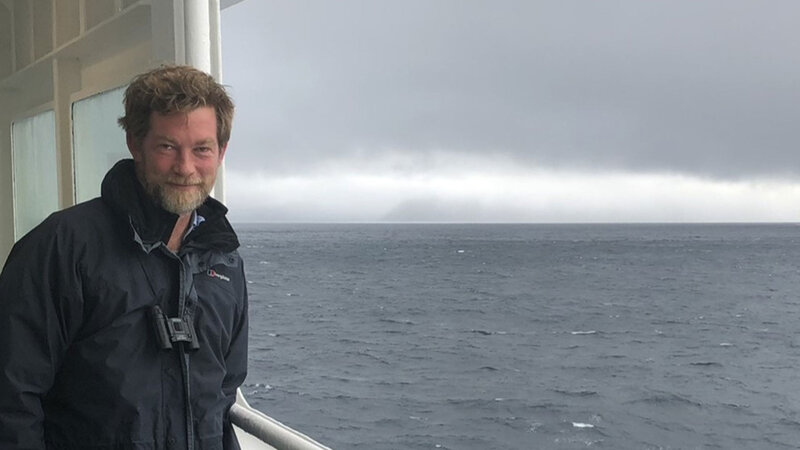You are viewing your 1 free article this month. Login to read more articles.
Indie publishers face 'existential crisis' after coronavirus lockdown but remain hopeful
Indie publishers face an “existential crisis” during the pandemic lockdown, but remain hopeful they can make it to the other side.
Smaller presses The Bookseller contacted this week said they were having to send out more books themselves, focus their activities online and look for new funding streams, including the Arts Council England (ACE) £50m emergency pot for non-portfolio organisations that was announced last week.
"Sales have just fallen off a cliff,” said Bluemoose Books co-founder Kevin Duffy. “As Gardners has closed, that was a kind of last lifeline for independent publishers. Our distributor NBN is still open, but for how long I don't know. People are still ordering books off the Bluemoose website, but for how long I don't know. Strategically we've had to look at our publishing schedule: given that the government is saying 12 weeks [of lockdown], we will probably be publishing our June title in September, so everything will be knocked back by 12 weeks.”
Like other indies, Duffy said the government emergency grants were of no use because his firm was too small, but he was looking to pitch for ACE funding. He said: “It's going to be really difficult. It's about scale and we just don't have the money to print vast quantities of books. For smaller publishers it's going to be really, really difficult. We should be alright because we don't have massive overheads; we only publish between four and eight books a year, so we can come back on the publishing schedule. But for those smaller publishers with a reasonable workforce, it's going to be tough.”
He warned that without indie presses, the industry could lose access to a lot of new literary talent who had grown their readerships through small presses. “We will be alright. I think we will still be here next year, but I don't think you can say that for everybody," Duffy said. "We're finding the great new talent, the great new books. I'm not saying the big publishers don't, but we spent an inordinate amount of time working with writers and developing their careers. In the future, if we're not here, we won't be doing that future R&D and developmental work with authors, to get them to stage where we've built up a significant readership."
Before the crisis started, Little Toller had been gearing up for the release of what co-founder Gracie Cooper predicted would be its first bestseller, Diary of a Young Naturalist by 16-year-old Dara McAnulty. The title has been selected for BBC Radio 4's “Book of the Week” slot and press coverage has been lined up ahead of its release on 25th May. But with its distributor Central Books closing, the publisher has to get the books out itself and has hired a shipping container to store around 6,000 hardback copies of McAnulty's book.
Cooper said her, husband Adrian and their two children would be posting out copies, just as they are now doing with their other titles. “Somehow we're going to have to make it work in these times,” she said. “It's such a wonderful book and we'll have to make sure we can still make it a bestseller while removing all the usual avenues of bookselling.”
Little Toller has seen online sales jump 300% and is revamping its website, adding content to its The Clearing blog, with plans for a donation page so writers can be paid for posts there. “It's an absolute nightmare in many ways,” Cooper said. “But the saving grace is we can be nimble and we've definitely seen an upsurge in support on our website. It's amazing—that's what has kept us going.”
But Cooper warned it could take several years for small publishers to find their feet again after the coronavirus. She said: “For any publishing house it's a really worrying time. Can we survive this? I don't know. If we didn't have Dara's book and the Radio 4 slot, I'm not sure we could.”
Pluto Press m.d. Veruschka Selbach said her press was in real difficulty after its US warehouse was closed, cutting off around 40% of revenue and leaving books “held prisoner”.
She said: "For us this is an existential crisis. It threatens our existence. We are really small. We have 18 staff; we work hand to mouth. When we sell books, we are able to pay the staff; when we don't, we're not. The furlough option the government has offered us doesn't really work for a publishing company because the things we are working on now are going to be published in six months' or nine months' time, so if we stop now we won't have any products."
She added: "We're going to need a better option from the government, the grants it has offered are tiny. We don't want to let anyone go; each person who works at Pluto probably does two people's jobs.”
With distributors shutting warehouses, Influx Press said it was thankful that Turnaround was still running and sending out orders. However, co-founder Gary Budden said the real impact will be seen further down the line when the lack of trade sales start to show up. “What will probably happen is we'll see potentially a big drop in three or four months, and that's the worry. That's why we're trying to bulletproof ourselves enough now,” he said.
The "bulletproofing" includes a push on e-books, including the launch of an e-book subscription service, and an application for ACE emergency funds. Budden warned: “It's hard to say exactly what the impact is now, but if we don't get funding in a few months, we could be in a pretty bad position.”
One thing most presses agreed on was that government measures such as business rate relief and loans were of limited use to them, and the small print creates uncertainty over their terms. Stefan Tobler of And Other Stories said: “We need to look at the implications. If we furlough staff, we won't be working on books coming out later in the year or next year, so it would affect our cashflow then. The government's scheme doesn't seem to work very well for publishing's long cycle. The government needs to provide funding for businesses that don't furlough staff but have staff working reduced hours due to sickness and much-increased childcare.”
Tobler thought small presses like his own, without offices and lots of staff, would be OK and has actually turned his attention to the plight faced by indie bookshops instead. Currently, 20% of a new subscription to And Other Stories titles is being donated to a bookshop of the customer's choice. He said: “Bookshops we have approached have really appreciated the idea, and with the news of Gardners closing, and more bookshops closing, we anticipate more bookshops will want to join in this offer by promoting it to their customers.”
Dead Ink publishing director Nathan Connolly said his firm's immediate challenge was the scheduling and release of new titles, including Naomi Booth's second book Exit Management. Suggestions there could be a second wave of the virus in the winter has created more uncertainty, and Connolly said he was trying to do right by his authors, many of whom are releasing debuts.
With most of Dead Ink's workforce self-employed, Connolly is also looking at ACE funding, but was unsure whether any of the government measures could help. A recently launched Patreon scheme has been proving popular, and quickly became a vital revenue stream as cashflow is tight.
“Ironically, right now we're OK. We have enough money in our account, but three or four months down the line is when it's going to hit us,” he said. “We're a scrappy little press so I think we'll be OK. We'll get through it. It's just an anxious time and we have to make sure we think creatively and respond to this rather than just continuing as normal.”
Sam Jordison of Galley Beggar Press, also hoping for ACE funds, predicted a lot of publishers could get hit with returns soon and, like others, is considering what to do about the launch date of his next book, Mordew by Alex Pheby, which is due out in August. “It's the uncertainty that's the problem,” he said. “It's like lethal Brexit but even worse.”
He predicted the press could come through it, but was wary about what would happen once the crisis ended. He said: “It depends how long things go on for, of course, and how long people can keep buying books. Publishing never really recovered from 2008 so, although people are reading a lot now, on the other side—when people's disposable income is cut—there are certainly fears in the long term. Its worrying, but it's worrying for everyone.”
On the positive side, Jordison said Toby Litt's recently released Patience and Lucy Ellmann's epic awards favourite Ducks, Newburyport were proving popular during the lockdown. “We hope it's bringing [readers] solace,” he said. “Books mean a lot to people in a time like this and can take them somewhere else. I think in a way it's quite validating, and makes you think publishing is doing well.”
Bridget Shine, c.e.o. of the Independent Publishers Guild, said her organisation was doing everything it could to provide practical help, including a directory of resources, advice for home working and encouraging publishers to access a free business support helpline. The IPG has also released a podcast and launched a buddy scheme for firms facing similar problems.
She said: “These are clearly very challenging times for many independent publishers at the moment—just as they are for everyone in the industry. The closure of high street shops and, now, Gardners and Bertrams, is a big blow, and maintaining cashflow is going to be a priority in the weeks ahead. But we‚Äôre also seeing our members responding in incredibly nimble and creative ways, and rolling up their sleeves to keep their business moving. Their shift to home working has probably been easier than for many big businesses.
“We‚Äôve had tremendous feedback and take-up on all these resources,” she added. “The communal feel within the IPG is so important at the moment, and our members value the mutual support that we‚Äôre facilitating. Independent publishers are remarkably generous and caring, and that spirit is palpable at the moment.”
Shine said the government initiatives had been welcomed by the IPG and money should be delivered as “rapidly as possible”. But she remains optimistic that indies will come out the other side more creative and resiliant than ever. She said: “Just as there has been an outpouring of support for independent bookshops, superbly co-ordinated by the Booksellers Association, so we hope this crisis is reminding people of the enormous value of independent publishers. It‚Äôs been heartening to watch the communities that are served by many IPG members rally to their aid, and there have been encouraging shows of solidarity from authors and booksellers too.
“We‚Äôre looking forward to the time when we emerge from these challenges and celebrate anew the work we all do in writing, publishing and selling books. Perhaps the biggest positive to take from the situation is the solidarity that people are showing—it‚Äôs something that has always been there in the IPG community, but it‚Äôs more abundant and obvious than ever.”

